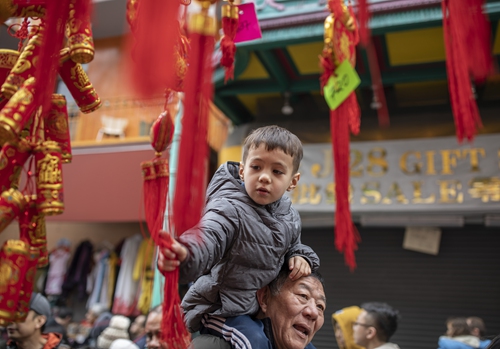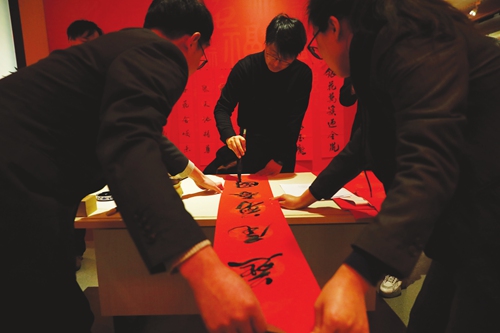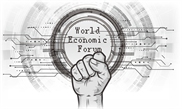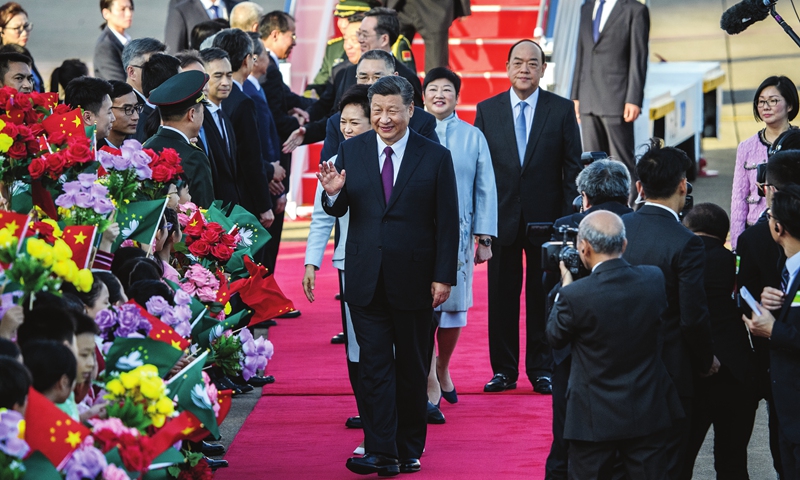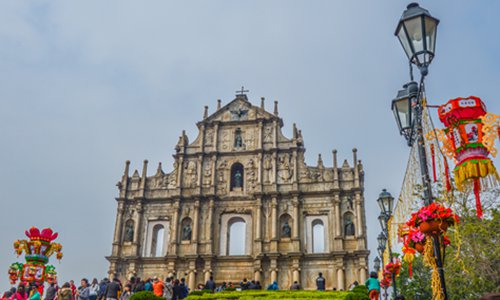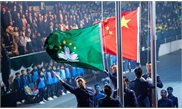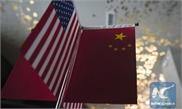IT is trying times for everyone as the global financial world melts down but the order of the day is really to stop the spread of coronavirus (Covid-19) so that some normality could return.
Ironically, two things seem to be rising amid the turmoil – the demand for toilet paper caused serious fights in supermarkets across the globe and this has gone viral across various networks.
The other is the US dollar. Its rise has many reasons.
Everything else, including stock markets, oil, bonds, commodities, currencies and bitcoin are plunging to new lows with no clear signs of immediate reversal. Just in a month the FBM KLCI is down by 20% while the Dow Jones Industrial average 31%.
The rise in demand for toilet paper cannot be comprehended but the rise of the US dollar in a mayhem is understandable. Corporations across the global are rushing to draw down credit lines and seek the US dollar for their funding needs.
In fact, people are scrambling for the US dollar and as a report said “world markets are still very, very nervous …people are scrambling for cash any way they can.’’
Ringgit against the US dollar has reached the RM4.41 range.
Bonds are also seeing the biggest wave of withdrawals since 2017 and gold has fallen as there are concerns of a global economic recession.
The timing of the Saudi Arabia-russia oil price war was shocking and a report said it is a “risky move likely to further destabilise a world economy that is already wobbly with the pandemic.’’
Oil has plummeted to about US$30 a barrel and experts believe it could plunge to US$20 a barrel though the Us-trump Administration may intervene as US producers are suffering from the historic crash in prices.
Amid all these fears, governments across the globe are coming out with stimulus packages to help its citizens and businesses. It is a much needed aid as many countries have enforced total lockdown and people on daily jobs need money for survival. The US alone is forking out US$1 trillion in aid. Other countries have set aside billions of dollars including Malaysia Rm20bil.
StarBiz compiled by B.K. SIDHU & EUGENE MAHALINGAM
Profiting from market downturn
MOST people tend to be very bearish about the stock market after a crash. In fact, most investors would feel that it would be best to avoid the stock market for now.
Some may even want to cut their current investment losses and get out of their investments in equities, even though seasoned investors would tell you that the best opportunity to enter the market would be after a market crash
Following the recent global stock market downturn, market sentiments, the desire and motivation to invest is at an all-time low. Understandably so, after all, once bitten twice shy.
However, the legendary “Oracle of Omaha” and one of the most successful investor of all time, Warren Buffett, once said that as an investor, it is wise to be “fearful when others are greedy, and greedy when others are fearful.”
It’s hard, if not impossible, to convince oneself to invest when the whole world is panicking.
On one hand, you think the market crash is so sharp that you are fearful it may drop even further. On the other hand, you can clearly see that premium stocks are now trading at a great discount, and hence now would be a great opportunity to snap them up. What should you do?
If this is your dilemma, there’s an investment strategy that can help you to take advantage of the market downturn and allay your fear: the method is called dollar-cost averaging.

How dollar-cost averaging operates
Dollar-cost averaging is a strategy to invest a specific amount of money in the market at routine intervals (monthly, quarterly, half-yearly or yearly). Done right, you can protect yourself against fluctuations and downside risk in the market.
For example, instead of investing a lump sum of, say, RM120,000, you invest RM10,000 a month over one year. By doing this, you average out the cost of investments over an extended period of time. This is to make sure you don’t invest all your money at the peak of the market.
On the other hand, this strategy works especially well in an extended market downturn (like what you expect now) as you will keep buying at lower and lower prices until the market recovers.
For example, you invest RM1,000 in an equity unit trust fund at RM1 per unit. So, you end up with 1,000 units. The following month, you invest another RM1,000 in the same fund but because the unit price has dropped to 50 sen, you end up with 2,000 units.
So, what is the average cost of all your units? If your answer is 75 sen, you’re wrong. That’s because you have used the arithmetic mean (RM1+50sen/2>75 sen). You should use the harmonic mean.
This is how to calculate the average cost of all your units correctly: Your total investment is RM2,000 and you have 3,000 units of the fund. Divide RM2,000 by 3,000 units and the average cost is 67 sen. This means by using harmonic mean calculation, dollar-cost averaging gives a lower average cost.
How it helps you to profit from current market
Now, let’s see how we can apply dollar-cost averaging strategy to the current market scenario. You’re bearish about the market and think it will go down for another six months.
Dollar-cost averaging works well if you believe the market will continue to go down.
With reference to Table 1, if you invest RM1,000 a month for the next 12 months, you would have invested RM12,000 and accumulated 25,648 units at the end of the period. At 80 sen (which is lower than the original price), your investment value at the end of the period is RM20,518 (80 sen x 25,648 units).
It means that you would have gained RM8,518 (RM20,518 – RM12,000). That’s a 71% gain over 12 months, despite the fund price being beaten down by as much as 78% (90 sen – RM0.20 = 70 sen, then divided by 90 sen = 78%).
Why it can help you
Dollar-cost averaging is a discipline that can help investors overcome their emotion, dilemma and other human feeling when it comes to investing, be it fear or greed. We’re always tempted to invest when the market is high and so we end up buying high instead of buying low. With dollar-cost averaging, we’re automatically programmed to buy less units at higher prices and more units at lower prices instead.
Thus when the market crashes and prices are low like now, we would be empowered to invest, not react out of fear.
For this strategy to work, you would need to invest a specific amount of money at specific intervals, say RM10,000 a month over one year, no matter what the market condition is in. If you think that the market may crash and rebound in a shorter period, you may want to implement the strategy within one month. For example, RM30,000 a week over a one-month period. It does not matter which interval, what’s important is that it’s done consistently.
Your current investment strategy to buy only when the price has dropped to a certain “attractive” level is commendable. However, to execute this strategy well, you must be disciplined enough to monitor the market movement closely and spend time and energy to decide when would be the right time to buy the investment.
The benefit of dollar-cost averaging is that you don’t have to monitor the price movement and you don’t have to make a decision every time you want to invest. In fact, if you’d ask me, dollar-cost averaging is quite a no-brainer strategy.
How to make dollar-cost averaging work better
Dollar-cost averaging offers the most benefit when you invest in investments whose prices are highly volatile (move up or down in a big quantum).
An investment that is highly volatile is often perceived as a risky investment. However, this risk plays to your advantage when dollar-cost averaging is applied. How so? The strategy helps to perform an efficient accumulation of investment units. When a particular investment drops significantly in price, you get to accumulate more units. The bigger the drop, the more units you accumulate, thus your accumulation is more efficient (you get to buy the units at a cheaper price).
In comparison, if you invest in an investment that has low volatility, the drop in price would be too small and you can only accumulate a few units, thus rendering your accumulation to be less efficient.
Therefore, when you apply dollar-cost averaging strategy on your unit trust portfolio, go for equity funds. Avoid money market funds or bond funds.
Warning: Don’t apply dollar-cost averaging strategy on a single share. There’s usually an underlying reason why the price of a particular share is in a continuous downward trend. In such circumstances, there’s no assurance that the price will ever go up when the whole market rebound. Worst, the share may not even survive the tough economic crisis and ends up getting delisted.
Do remember that for dollar-cost averaging to work, your chosen investment must be resilient enough to rebound when stock market recovers.
Dollar-cost averaging is best suited if you have a portfolio of equity unit trust funds that is diversified into various regions, so that risks is spread across the share of many companies.
Act on it
To truly benefit from dollar-cost averaging, you have to apply it to your investments. During the implementation process, your resolve would be tested.
There will be times where you will be tempted to abandon the strategy especially when the price of your investment has dropped even further.
Do not waver! Be discipline in executing your strategy and enjoy the gains when the market recovers. Onwards and upwards.
– Yap Ming Hui (ymh@whitman.com.my) is thrilled that his mission to empower every Malaysian with a roadmap to financial freedom has finally come to fruition with the release of a free DIY roadmap to financial freedom tool on the iWealth mobile app. The views expressed here are the writer’s own.
Related posts:
https://youtu.be/NHKs8clA4GI https://youtu.be/_zElnBGUj-w https://youtu.be/_mSwlPKFjQM https://youtu.be/8WkAZ5FzttM https..
https://youtu.be/Y_dU2RCqWs4 FORCED TO SHUT DOWN WHEN VIRUSES LEAKED AUGUST 2019 US SOLDIERS WERE INFECTED 300 HUNDRED CAM.
https://youtu.be/-wA2aMdCGZM New coronavirus carriers found in Italy According to the latest reports from the Italian media, the &qu.
TRUST RISES FOR INFORMED PUBLIC Trust Index 2018 Informed Public 2019 Informed Public Trust (60 – 100) Neutral (50 – 59) Distrust (1 – 4..

























